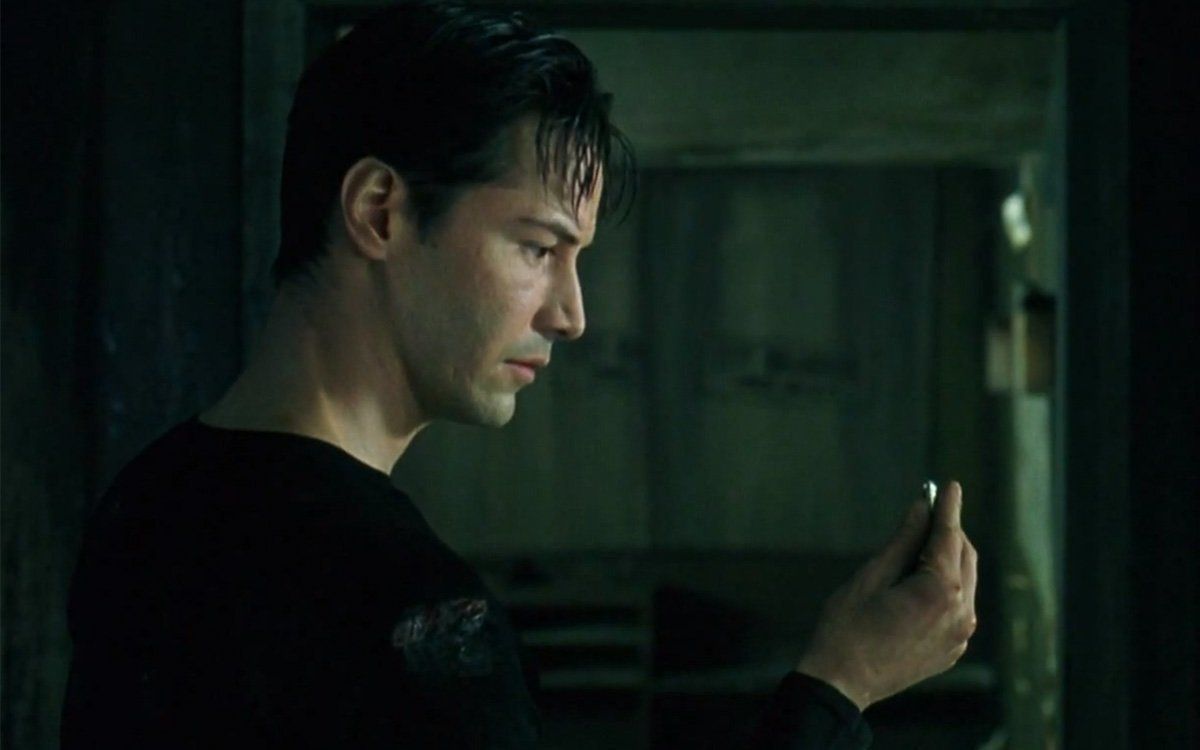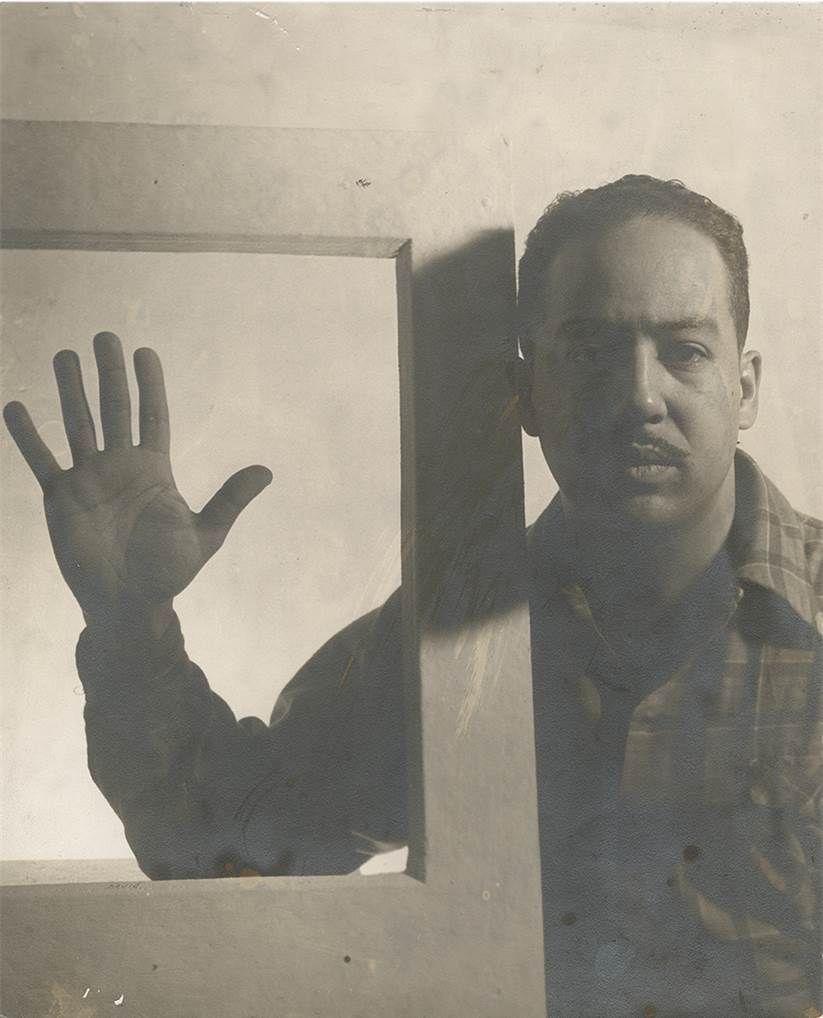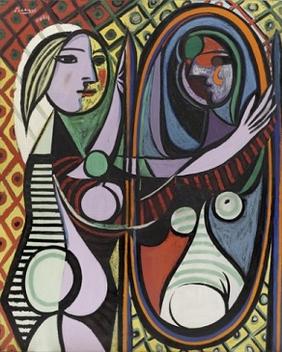by Gary Schoepfel, leader of the 2020 Toronto Pursuits seminar The Proper Study of Mankind is Man

You’ll read it on tattooed bodies. It makes an appearance in the Matrix films. It was a Delphic maxim echoed by Aeschylus, Socrates and Plato. It shows up in political writings, paintings, anatomical atlases, and even in Linnaeus’s System of Nature. Emerson, Pope and Coleridge put it to use in their poems. And odds are good that you have spent more than a little time struggling to obey the injunction: KNOW THYSELF.
My Proper Study of Mankind Is Man seminar is a rare opportunity to get to know yourself. And we’ll do just that by addressing one very important question: What is the nature of this creature we brand with the “human” label? What do we mean when we talk about human nature?
This seminar is an unusual Toronto Pursuits offering. It’s the only study in which the knower and the known are one. And rather than focusing on one or two books, we will survey a large collection of short pithy readings by authors—wise women and men from many disciplines—who give us hints we can use as we craft a personal answer to this difficult question.

To understand what we mean when we speak of a “human nature,” it’s necessary to consider the mind, the body, and the soul. So, my seminar will scan poems by Emily Dickinson, Mary Oliver and Langston Hughes; wrestle with the complex ideas of Sartre, Martha Nussbaum, Nietzsche and John Locke; probe the psychological insights of Jung and William James; and view scenes from Verdi’s Otello and Handel’s Rinaldo. We will sit round a seminar table where the guest list includes Simone de Beauvoir, Marx, Twain, Hanna Arendt, Darwin, Hawthorne and others.
These authors challenge us to “know thyself.” But are they issuing a command or a warning? Schopenhauer thinks that “man is at bottom a wild and terrible animal.” Beauvoir claims that “one is not born, but rather becomes, a woman.” Sartre maintains, “There is no human nature.” Aristotle asserts that “[m]an alone partakes of the divine.” Nussbaum holds that uncertainty and trust are necessary conditions for an ethical human life. Dickinson writes that self-doubt is “… a merciful Mirage.” Rousseau argues that “man is born free and is everywhere in chains.” And Shakespeare’s King Lear cries that man is “a poor, bare, forked animal.” This is a sample of the tangled web of ideas we will wrap ourselves in when we think about our nature.

I know this sounds like pretty heady and heavy stuff for a summer vacation. But I doubt you can think of a more interesting topic than YOU. Benjamin Franklin tells us, “There are three Things extremely hard, Steel, a Diamond, and to know one’s self.” [sic] So remember that this hard and heavy work of looking deeply in the mirror will be made much lighter and enjoyable when you are surrounded by thoughtful folks who are all experts in this subject — after all, they are what they will be investigating. The reading load is modest, about 15 pages. The setting is Toronto and beautiful Victoria College. Seminar participants will be screened to ensure that all have an open mind and a sense of humour. So, I extend an invitation to all mankind, and womankind, to join me for a proper study: Man.
I look forward to seeing you in Toronto!
— Gary


